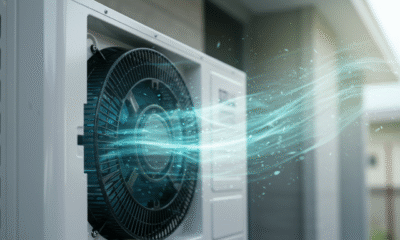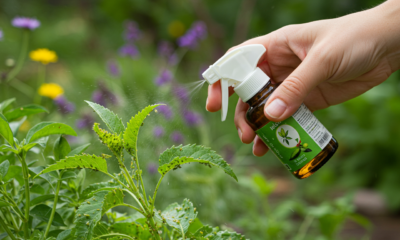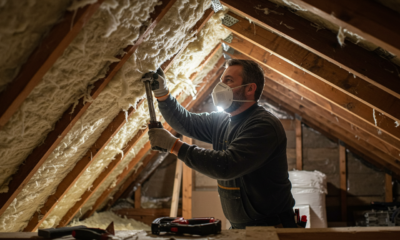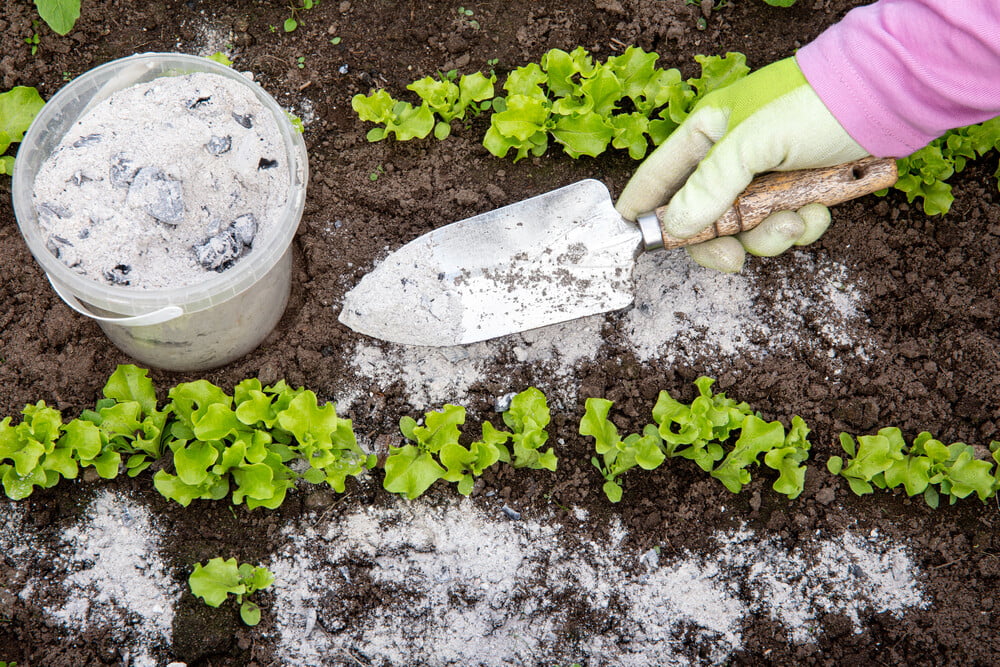
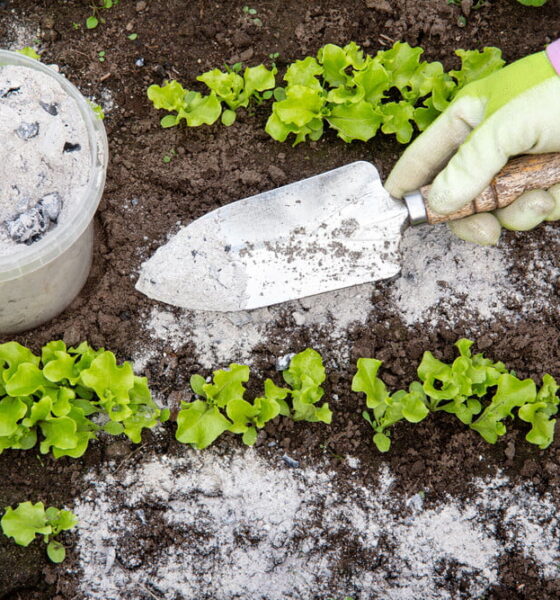
Environment
Is Residential Pest Control Safe and Eco-Friendly?
There are a lot of things that you have to ponder as an eco-friendly consumer. One thing that you have to think about is the environmental impact of pest control. You have to think about the safety issues associated with it as well.
Environmental and Safety Considerations of Residential Pest Control
Are you thinking of calling professionals to control the pests in your house? Or maybe you’re simply wondering if you should use pesticides to deal with the problem? If you’re having doubts about the safety of pest control products to you and your family’s health, as well as the environmental issues associated with it, then this article is for you.
Prevention Is Key
The best way to minimize the health and environmental issues associated with pest control is to avoid needing to use it in the first place. Pest control will not be as necessary when you do the following to prevent pest infestation, which will be better for your family’s health and the environment.
Clean Regularly
Cleaning regularly is the most basic and most effective way to ward off pests. Insects, rodents, and other pests come to your home because there is available food and attractive shelter, they can live in. Pay extra attention to your kitchen and dining area and other places where you or your family members bring food. Also, be wary of leaving pet food out in the open as they are also a food source.
There are a lot of eco-friendly cleaning products that you can use. You should use them to minimize your impact on the environment.
Invest in High-Quality Glassware
Using high quality glassware is also a good, eco-friendly way to minimize environmental risks of pest control.
Be cautious of crumbs and food or beverage that have been tossed or spilled within the house. This only encourages the pests to stay as they have the means to survive with the food availability. In order to prevent this, diligently clean any surface as soon as you finish eating. You should also invest in some glassware for storage as they are impregnable and sturdy.
Take Care of Your Garbage
Properly manage and segregate your garbage, especially if you keep it inside your house and put them in bins with tight lids.
Check Your Storage Spaces
Remember to check areas that you don’t always see, like your attic or basement. More so if you put your extra things in them. Places that you only use for storage should still be thoroughly inspected and cleaned so they don’t become the perfect hideout spots for pests.
Close Possible Entrances
Immediately stuff cracks and other crevices on your walls, drawers, cabinets, and pipes with steel wool, caulk, or wire mesh. Without an entry point, pests will not be able to wiggle their way in.
Keep on Learning
There are many good blogs about pests problems online that you can pick information and tips from. Whenever you have the time, you can read through them to help you have more knowledge and understanding of making pest control safer.
How to Properly Use Pesticides
Pesticides help in controlling pests, but they can also be dangerous. Here are some things you should keep in mind when using them:
- Keep pesticides away from children and their toys, any house pets, and food.
- Before using a product, see that you’ve read and understood the instructions and chemicals included in it.
- When using baits like sticky traps or gel baits, make sure they are far out of the reach of children or pets.
- Only avail pesticides that are approved to be used inside the home. Never use chemicals that are meant for outdoors inside your house.
- Pesticides are to be applied to specific locations only, not sprayed all through the whole room.
- Fogging devices should not be used lightly and should only be resorted to when in desperate need.
- If you think applying more chemicals will make it more effective, then you are mistaken. Follow the recommended dose and don’t go overboard. Chemicals are still dangerous, and some are not good for your health.
- Properly store pesticides and keep them in their original containers. You should not move them to other containers, especially ones that are not labeled appropriately. Pesticides moved to containers and then cleaned will always have remnants of the pesticide even if washed.
- You can call your local household hazardous waste collections to dispose of the pesticides you don’t need. Either way, you should always dispose of pesticides properly.
Other Pest Control Measures
Here are other tips that may be helpful for you:
- When you opt to hire professional services in your pest control plans, ask them to find out where the infestation is happening and ask them to target those areas and explain how they plan to resolve them.
- Find out if the pest control company uses eco-friendly practices.
- If you plan to apply the chemicals yourself, always choose a product that has already been mixed instead of something that you still need to blend.
- Only buy the amount you need. If you plan on storing the product, keep it in its original container.
- Always wear protective gear like gloves, long sleeves, and pants when you apply the product to protect your skin and minimize risks.
- Dispose of the products properly to avoid it leeching into the earth or water to harm the environment.
- Immediately wash the clothes you wore when applying the product and take a thorough shower.
- Don’t pour the product down the drain or carelessly toss it in the trash.
- If you’re wondering how long you should keep children, their toys, pets, and food away from the cured area – read the product’s label. It should tell you the length of time it needs before it’s safe to enter again.
- After the product has been applied and done its work, open the windows to let it out.
Pest control often involves harmful chemicals that are used to deal with the infestation. This can be bad for both your family’s health and the environment. However, making sure you follow the instructions and doing the necessary preventive actions in dealing with the product will keep you and your family safe.


 Environment12 months ago
Environment12 months agoAre Polymer Banknotes: an Eco-Friendly Trend or a Groundswell?

 Features11 months ago
Features11 months agoEco-Friendly Cryptocurrencies: Sustainable Investment Choices

 Features12 months ago
Features12 months agoEco-Friendly Crypto Traders Must Find the Right Exchange

 Energy11 months ago
Energy11 months agoThe Growing Role of Solar Panels in Ireland’s Energy Future


